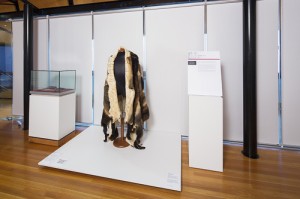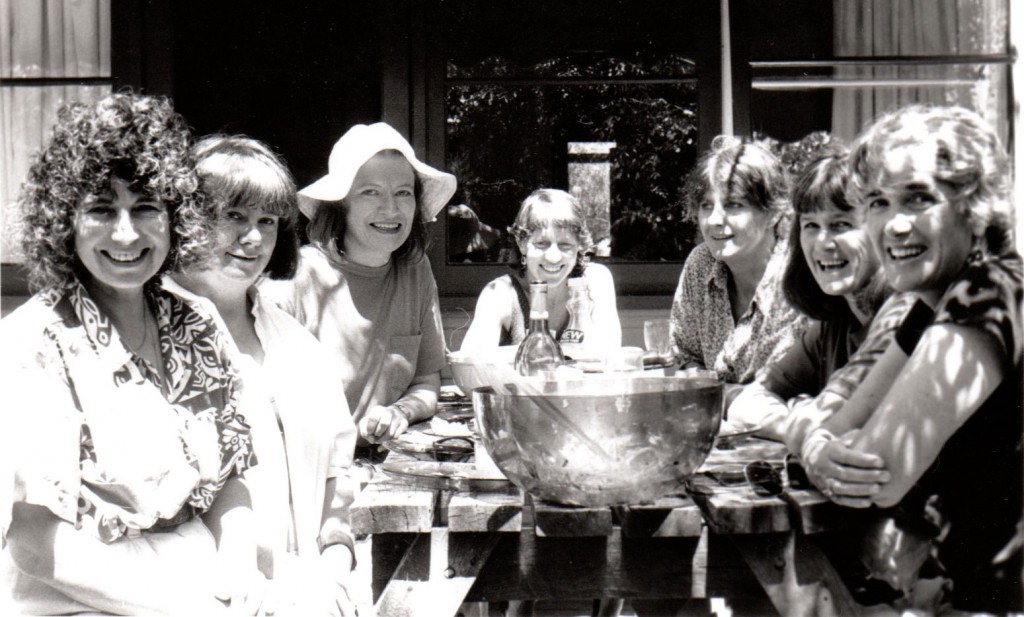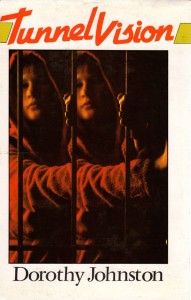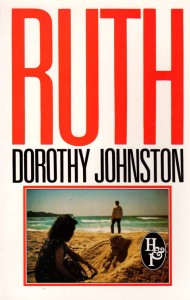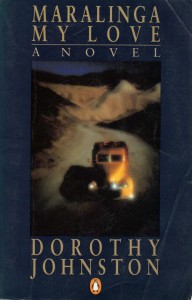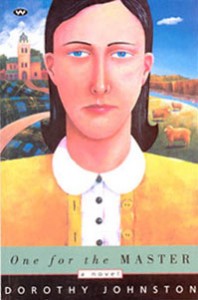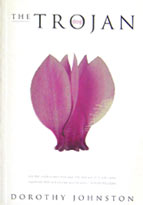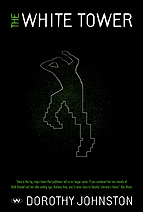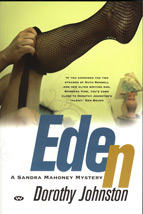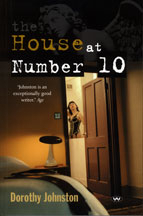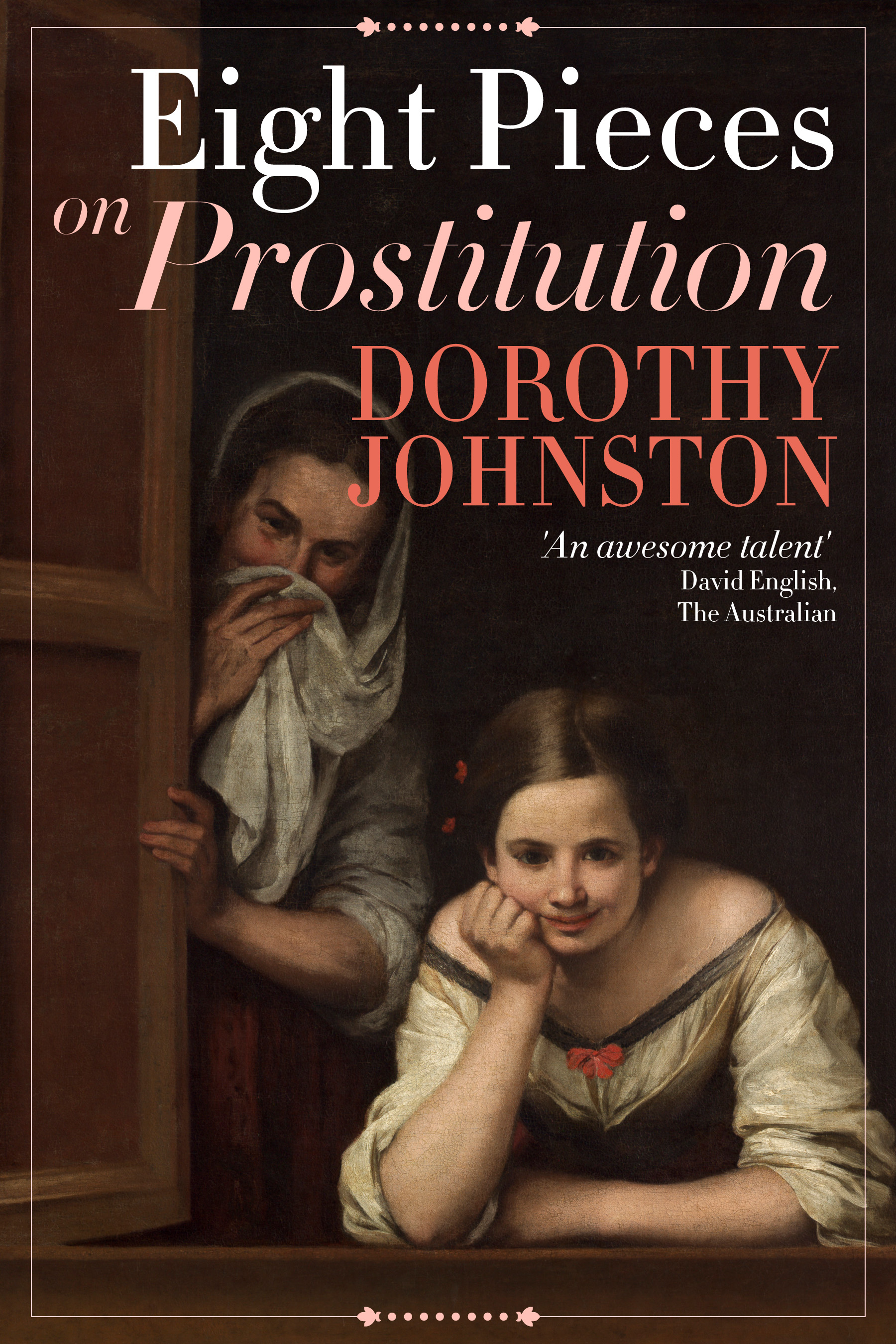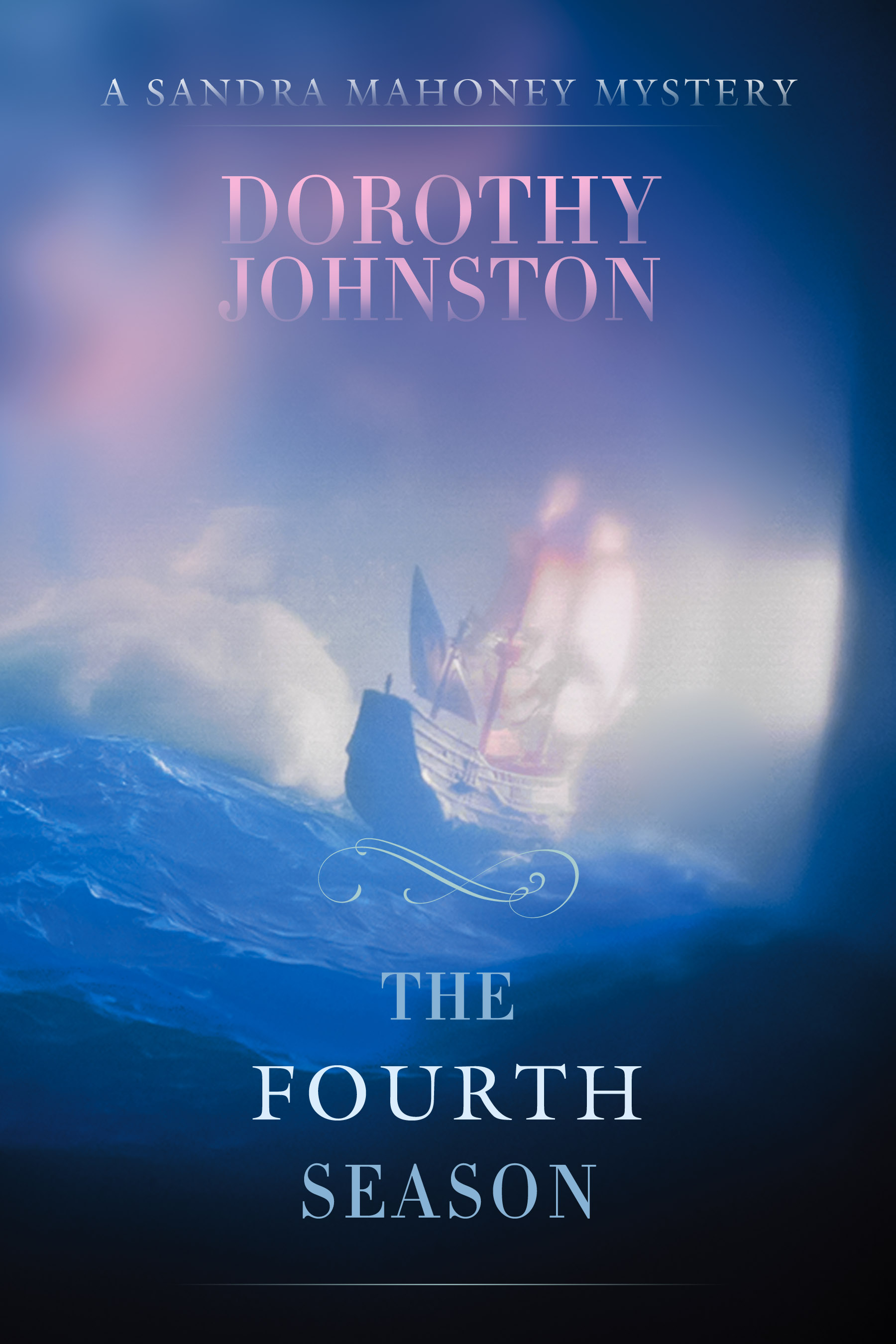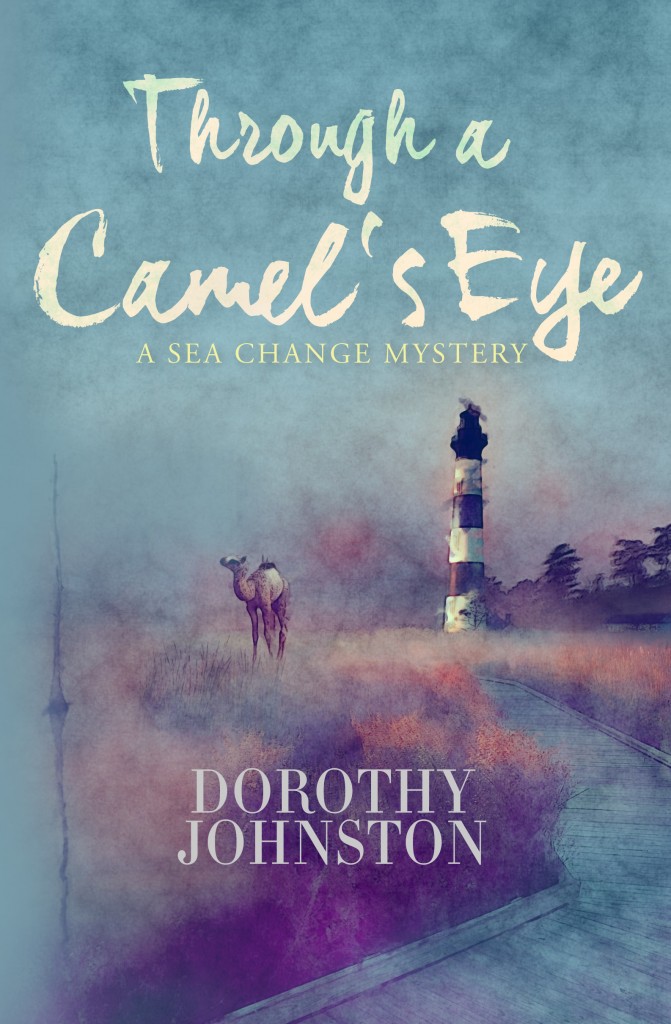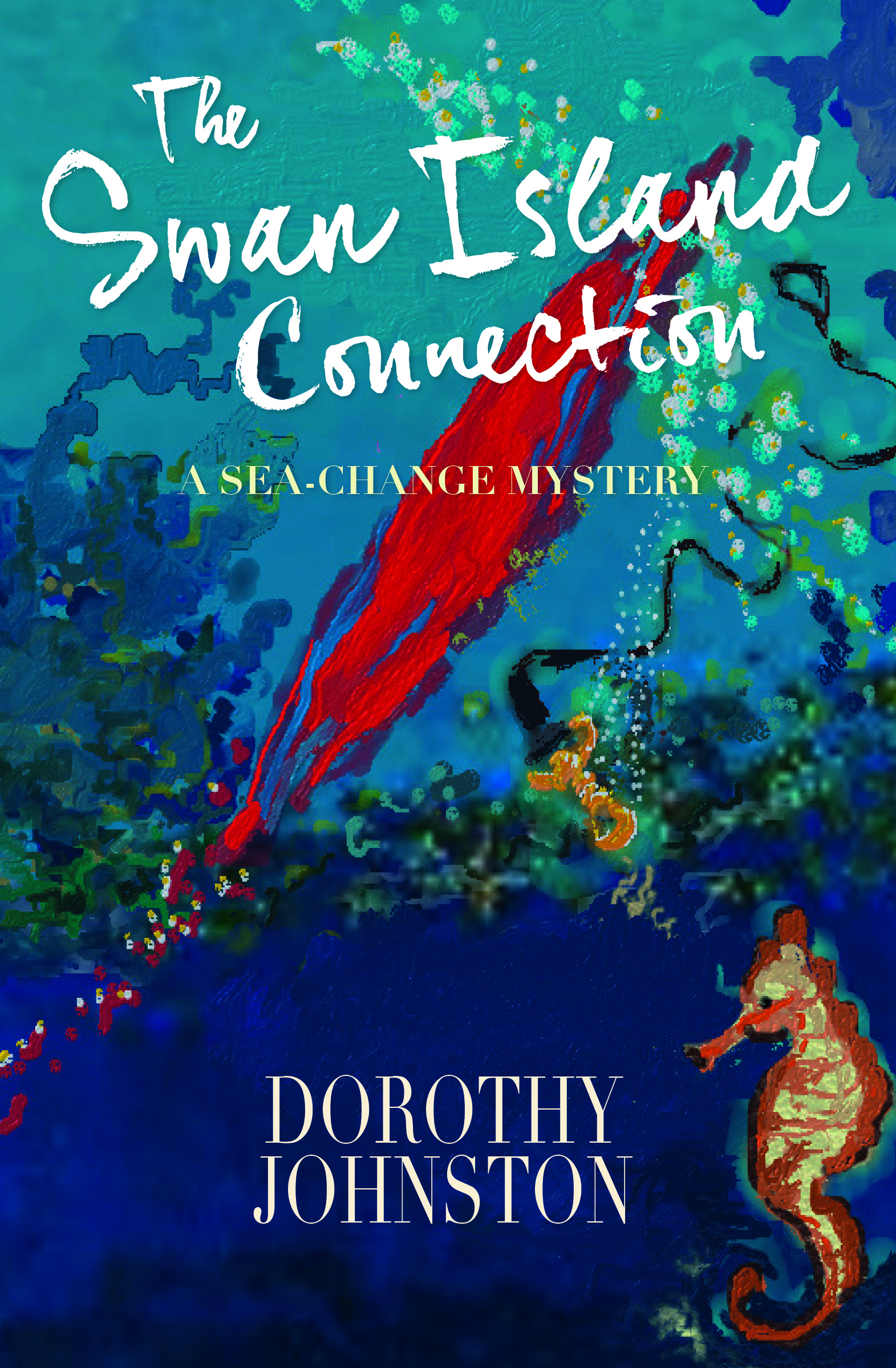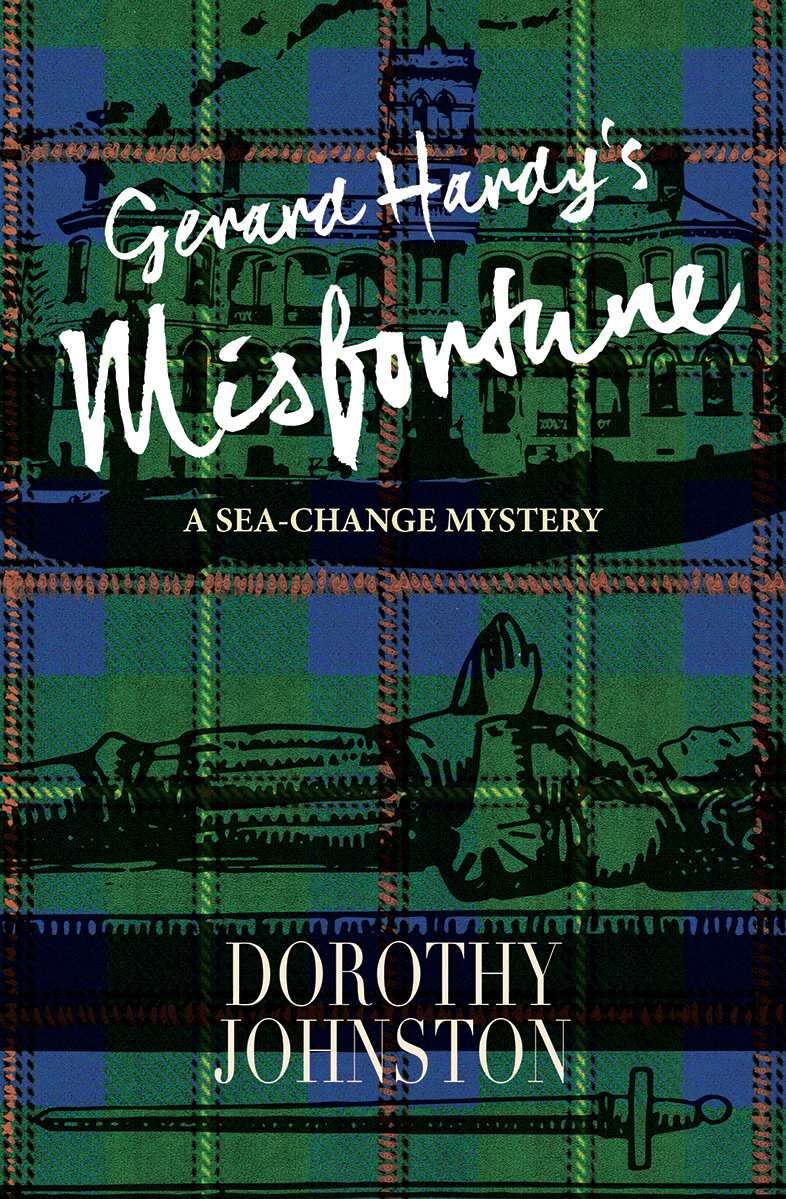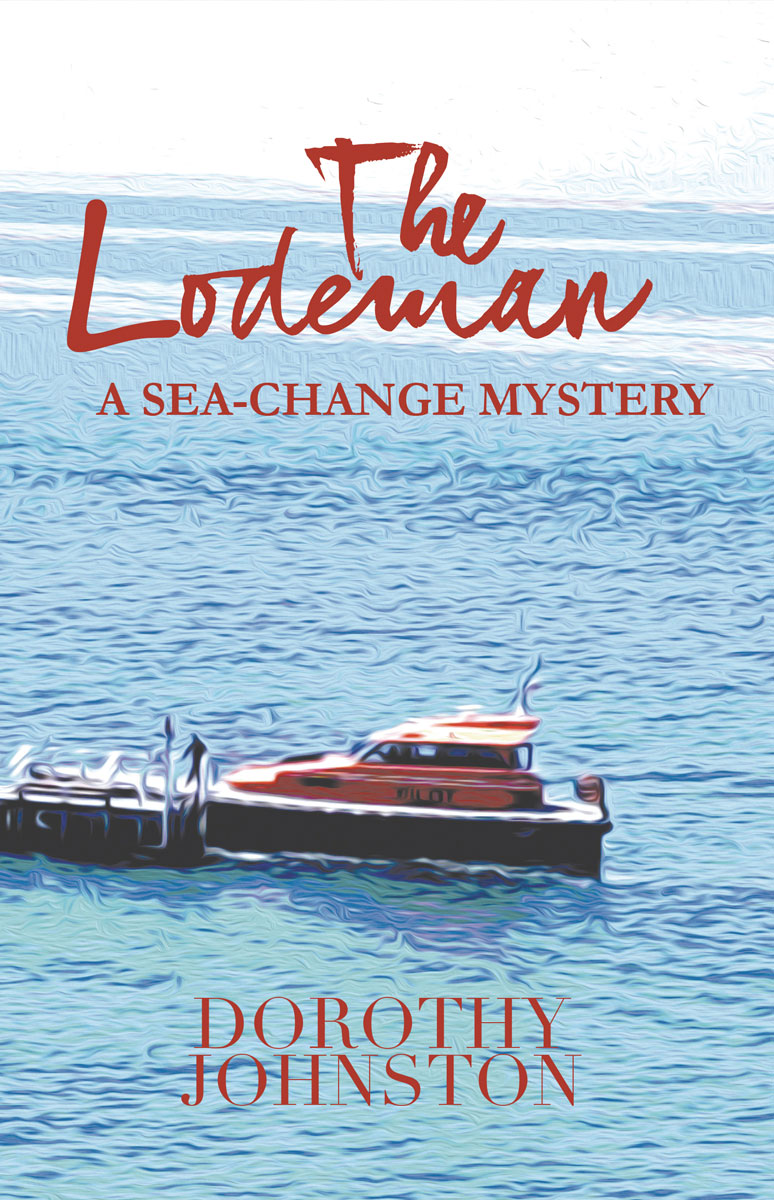I have decided to call my first blog post ‘Feelings of déjà vu’ because I’ve recently been back to Canberra, for a book launch and an exhibition opening, and these visits have brought back many memories and images from my life in the national capital. I lived in Canberra for thirty years before returning to Victoria in 2008.
‘The Women who made Canberra’ exhibition, on at the Canberra Museum and Gallery , is part of the city’s centenary celebrations, and open till March 2013. It features women who contributed to Canberra’s political, social, sporting and cultural life over the past hundred years.
It includes a possum cloak belonging to Matilda House, an elder who identifies with the Ngambri and Ngunnawal people of Canberra.
Matilda House performed the welcome to country ceremony at the opening of the 42nd Parliament in Canberra on 12 February 2008. It was the first time a welcome to country ceremony had been held for the opening of the Federal Parliament. As Mrs House explained on that day, “A welcome to country acknowledges our people and pays respect to our ancestors’ spirits who have created the lands…It is a good and honest and decent and human act to reach out and make sure everyone has a place and is welcome.”
Mrs House burned the designs on the cloak, drawing on imagery of the Murrumbidgee River, the Brindabella Range, bush tucker and the wedge-tailed eagle and brolga.
The youngest woman in the exhibition is Lauren Jackson, born in 1981 and now an internationally famous basketball star.
And my writer’s group, 7 Writers, is featured as well.
This is my favourite photograph of us, taken by Brenda Runnegar. The seven are, from left to right: Sara Dowse, Marion Halligan, Margaret Barbalet, me, Dorothy Horsfield, Suzanne Edgar and Marian Eldridge.
The display for the exhibition includes a selection of our books and notes taken by Suzanne Edgar at one of our monthly meetings.
We started meeting as a writers’ workshop in the early 1980s and continued until after Marian Eldridge’s death in 1997. We became known for our longevity and the vigour of our discussions (some of which were televised!) I think we continue to be of interest to the reading public because of a mistaken, but persistent view that Canberra is somehow inimical to the creative life. The myth is fading, but it still pops up in the most surprising places. I’ve written about it in an essay called Disturbing Undertones.
For anyone interested in reading more about ‘7 Writers’ and other Australian literary communities, an excellent book has recently been published called Republics of Letters: Literary Communities in Australia. Our chapter, by D’Arcy Randall, is called ‘Seven Writers and Australia’s Literary Capital’.
While I was in Canberra, I recorded an interview as part of the publicity for The Invisible Thread : One Hundred Years of Words. The anthology includes a story of mine called ‘The Boatman of Lake Burley Griffin’.
Here is an impressionistic account of the interview. When I sat down to write the account, it came out differently from the way I intended; I think of it as an example of the unpredictable way that memories surface.
Two kayaks are going past, as silently as swans. I am sitting in the shade of European trees, around the corner from where both my children were born, from where the hospital used to be that so spectacularly killed a girl when it imploded. And I think of my son, of whom I am about to speak, who lay desperately ill in that same hospital, only eleven months after he came out into the world inside it. And how long it took him! And how happy and exhausted I was! I am not here to speak about the birth, but about the illness, which gave rise to the story which began my love affair with Canberra. A literary love affair, but that makes it sound too cerebral, too much a matter of the mind alone. My story, ‘The Boatman of Lake Burley Griffin’, has found its way into an anthology called The Invisible Thread, celebrating a hundred years since the founding of our national capital. A curious word that, ‘founding’ – like being born and yet not like it at all.
I’m here to be interviewed about literary Canberra, and I give my interview, under the shadow of the trees, but in my heart thirty years have lifted off. Thirty years lift off my shoulders and I’m around the corner, with the hospital rising at my back, and my son whom I cannot bear to look at no bigger than a skinny mouse with tubes going every which way, and on the lake an old man in a long coat, going round the edges, looking for a way out…
I’ve written a great deal about Canberra, from fictional and non fictional points of view. But I know that, now I’ve found them again, nothing will ever again replace those earliest images, and the desperation that gave rise to them.
